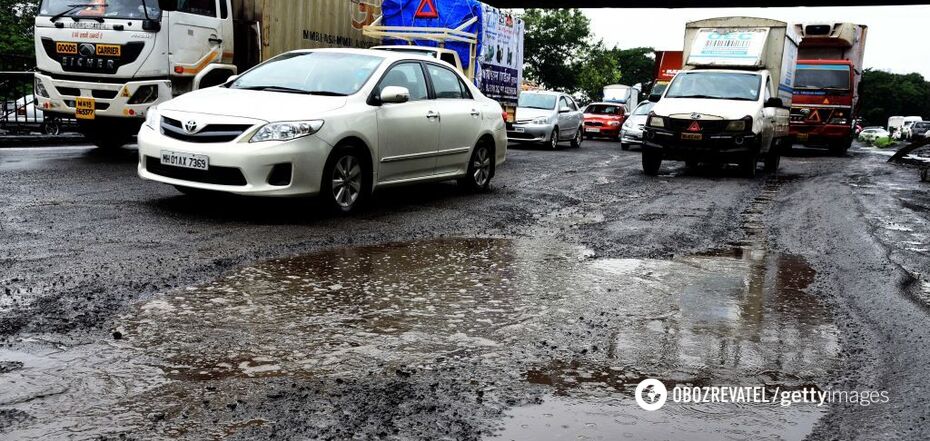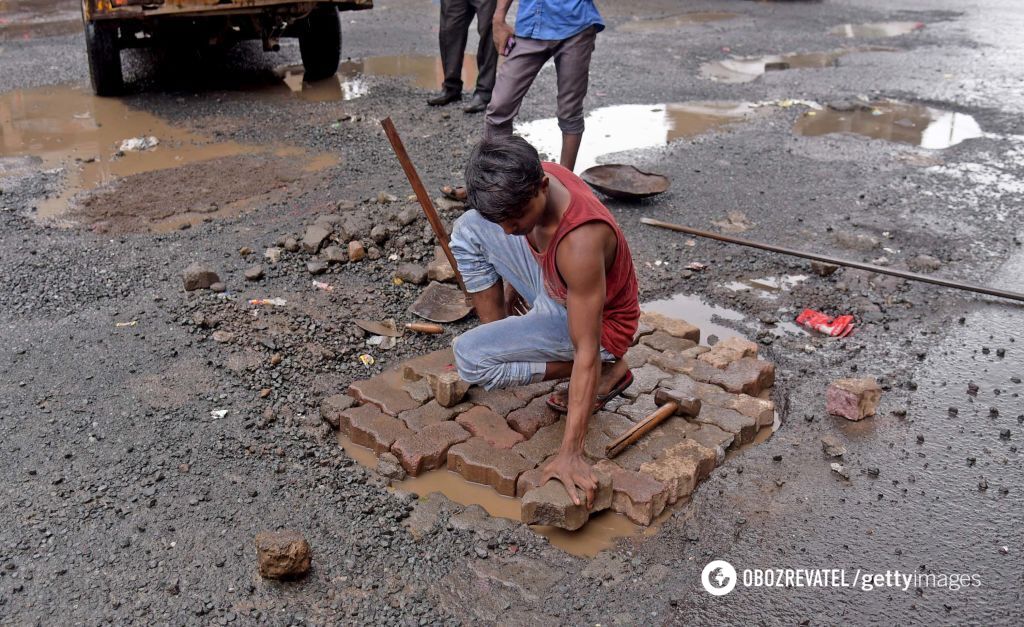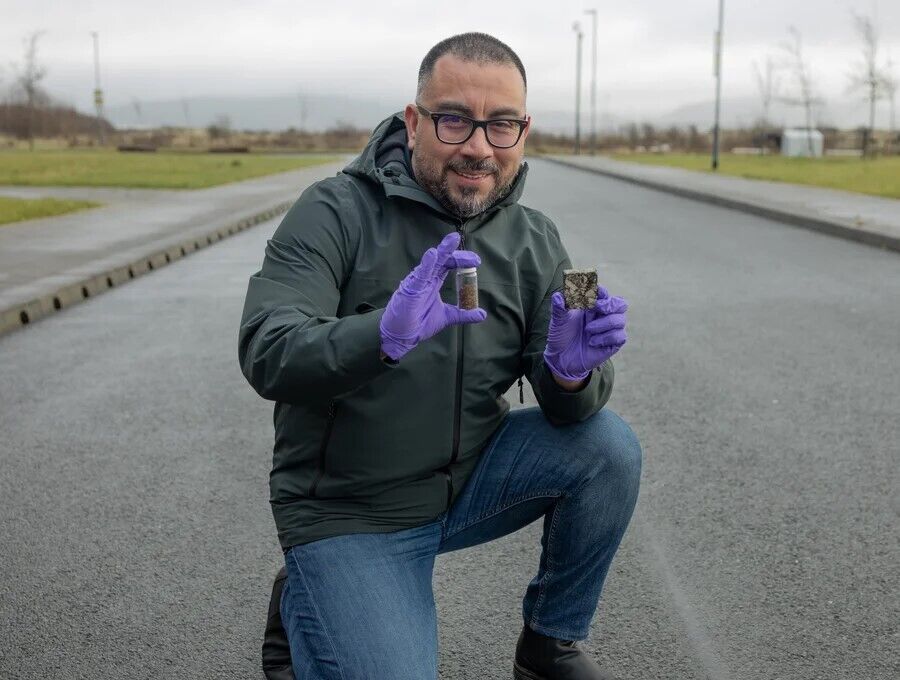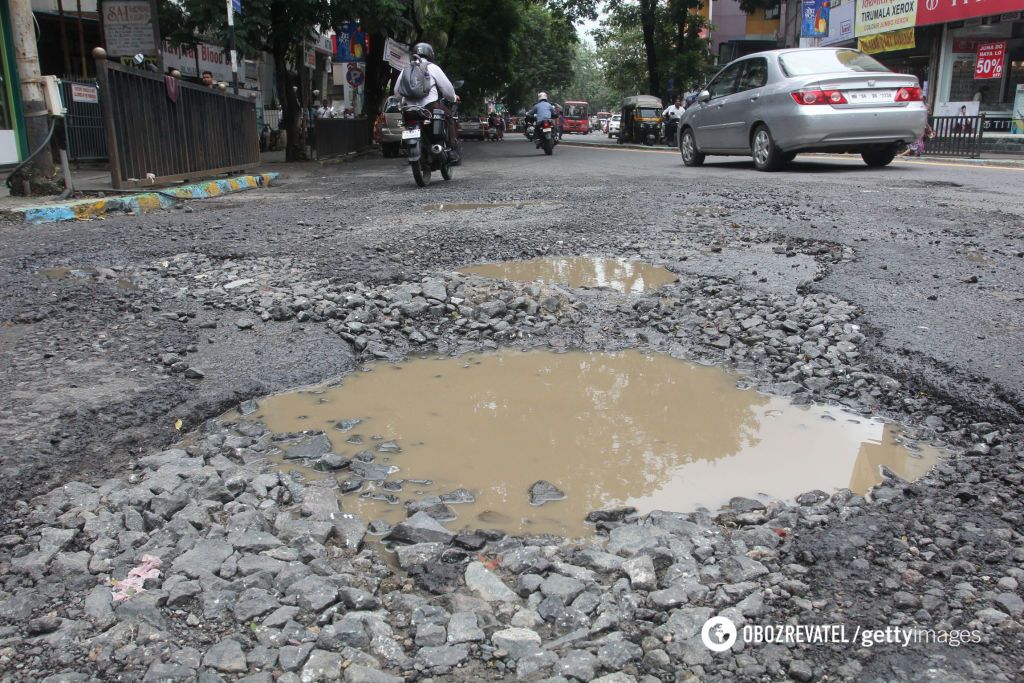News
Asphalt has been created that can "repair" potholes on the roads by itself
According to new research, self-repairing asphalt roads may soon become a reality. Developed with the help of artificial intelligence from Google Cloud, a new type of asphalt made from biomass waste can patch its own cracks without the need for maintenance or human intervention.
Scientists from Swansea University, King's College London, and Chile have found methods to "stitch" asphalt together in hopes of creating stronger, more sustainable roads. The new technology could solve the pothole crisis that has gripped many communities around the world, the BBC reports.
According to experts, asphalt or bitumen is a sticky black substance derived from crude oil that is widely used to build roads, highways, and airport runways. However, as it hardens due to oxidation, it becomes prone to cracking, which poses a danger to drivers and pedestrians.
Fortunately, researchers have developed advanced methods of "cross-linking" asphalt, which will help make roads more durable and reliable, experts say.
Dr. Jose Norambuena-Contreras, a leading researcher and expert on self-healing asphalt at Swansea University, said this approach will help develop zero-energy roads. After all, carbon emissions from roads can be largely attributed to asphalt production.
"We are proud to be advancing the development of self-healing asphalt using biomass waste and artificial intelligence," said Dr. Jose.
"This approach positions our research at the forefront of sustainable infrastructure innovation, contributing to the development of zero-emission roads with enhanced durability," he added, according to ClimateTech.
Dr. Francisco Martin-Martinez of King's College London said the study aims to mimic the healing properties observed in nature. "Creating asphalt that can self-heal will increase the durability of roads and reduce the need for people to fill in potholes," he said.
Francisco added that the study also uses sustainable materials in the new asphalt, including biomass waste, reducing dependence on natural resources.
While the pavement of the future is being developed, the research team said there is potential to improve infrastructure and increase sustainable development around the world.
Only verified information is available on the OBOZ.UA Telegram channel and Viber. Do not fall for fakes!































